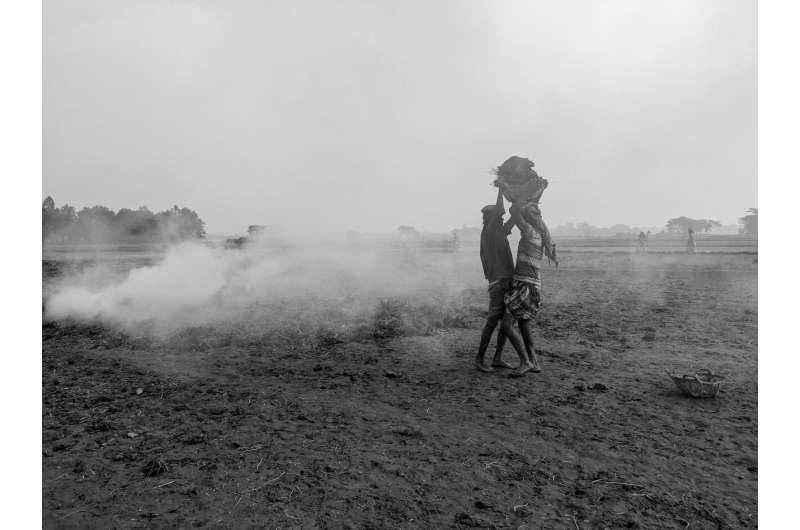Helping farmers meet the increasing demand for goat's milk

The EU-funded project FLOCK-REPROD ('Hormone-free non-seasonal or seasonal goat reproduction for a sustainable European goat-milk market') is working to develop artificial insemination techniques for goats that require no hormonal treatment.
The solution would help farmers reduce costs and produce more goat's milk, while providing them with a way to meet EU legal requirements on the use of hormones.
Although the vast majority of the milk we consume comes from cows, goat's milk is becoming increasingly popular in Europe partly because many consumers believe it to be healthier than the bovine alternative.
The composition of goat's milk is generally closer to human milk which makes it easier to digest, especially for people with allergies. For weight-watchers, goat's milk also contains fewer calories and less cholesterol. In addition to having the same mineral and vitamin content as cow's milk, that from goats also contains taurin, a substance that appears to play a role in the development of the brains of human babies.
However a major challenge for farmers in meeting the demand is the relatively short lactation period for goats, which tends to last only 10 months of the year.
To overcome these challenges and to boost milk output, some producers resort to artificial insemination supported by hormone injections that enable goat reproduction cycles to be controlled.
However, EU law restricts the use of exogenous hormones, which are currently used by the majority of dairy goat breeders using artificial insemination. These legal requirements are expected to be enforced more strictly soon to better protect people from any health risks potentially posed by hormones.
The law requires farmers to discard any goat's milk produced in the first 36 hours after hormone treatment. This requirement leads to a significant economic loss for them. In addition, growing consumer demand for healthier food and organic production means that more natural reproductive methods need to be developed.
FLOCK-REPROD is working to test and provide an alternative method by developing year-round artificial insemination techniques that require no hormonal treatment. The project's researchers are focusing on the 11 main breeds of goat used by the milk industry. These include the popular Saânen and Alpine breeds, which are widespread in Europe, and local breeds from Spain (Murciano-Granadina), Italy (Sarda), Portugal (Serrana), Greece (Capra prisca, Skopelos, Damascus) and Romania (Carpathian and White of Banat).
The goats under study include highly seasonal northern breeds and moderately seasonal southern ones. Different goat production systems are also included in the project. This approach aims at ensuring that the project's findings can be applied by goat farmers across the EU.
The researchers have already developed hormone-free artificial insemination protocols. They are currently awaiting the final results of their research on private farms.
The project is scheduled to end in November 2013. The project involves 15 partners from seven EU Member States, including associations representing more than 1500 breeders, and is led by France-based CAPGENES. It has received funding of around EUR 1.76 million from the EU.
More information: www.flock-reprod.eu/
Provided by CORDIS














.jpg)





